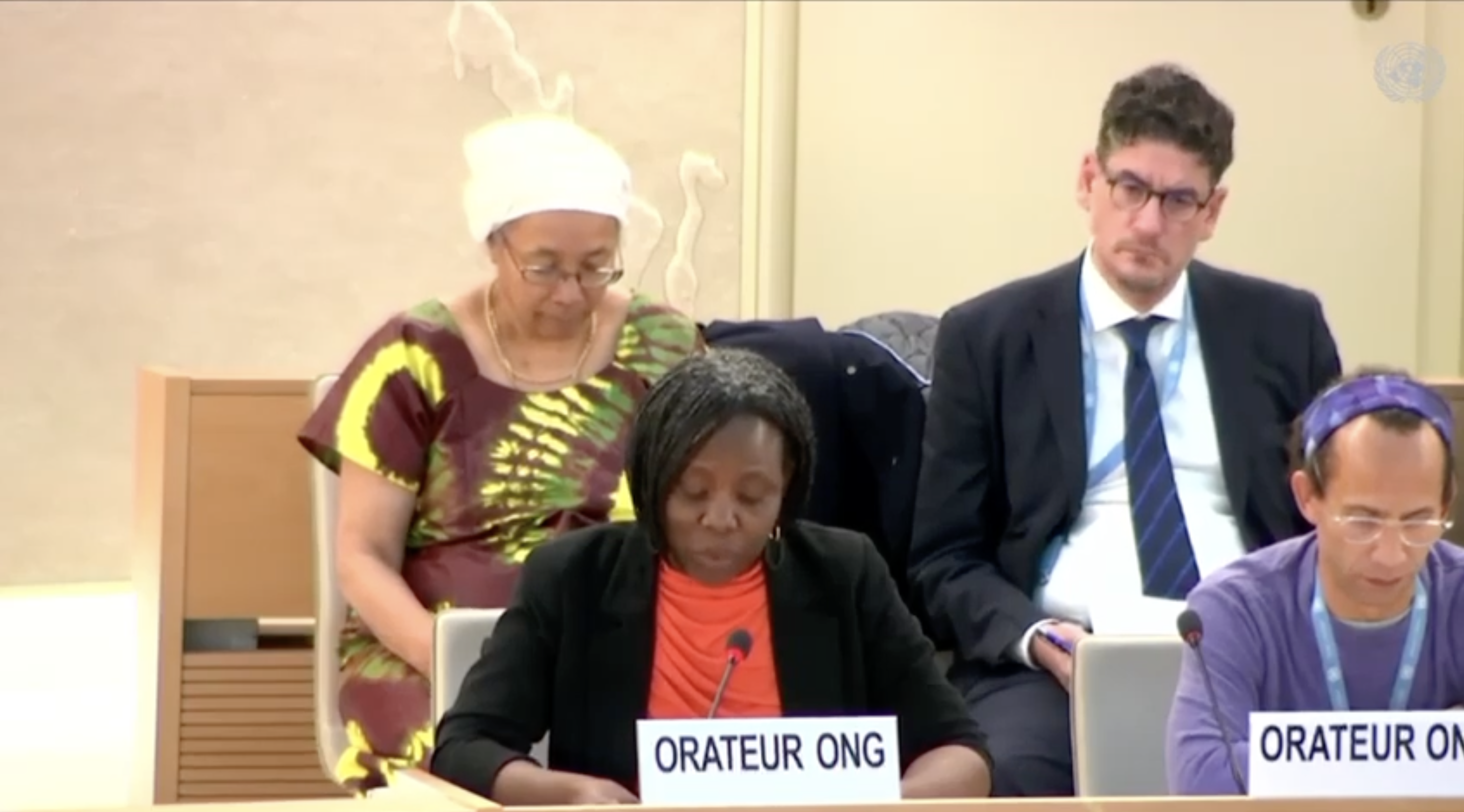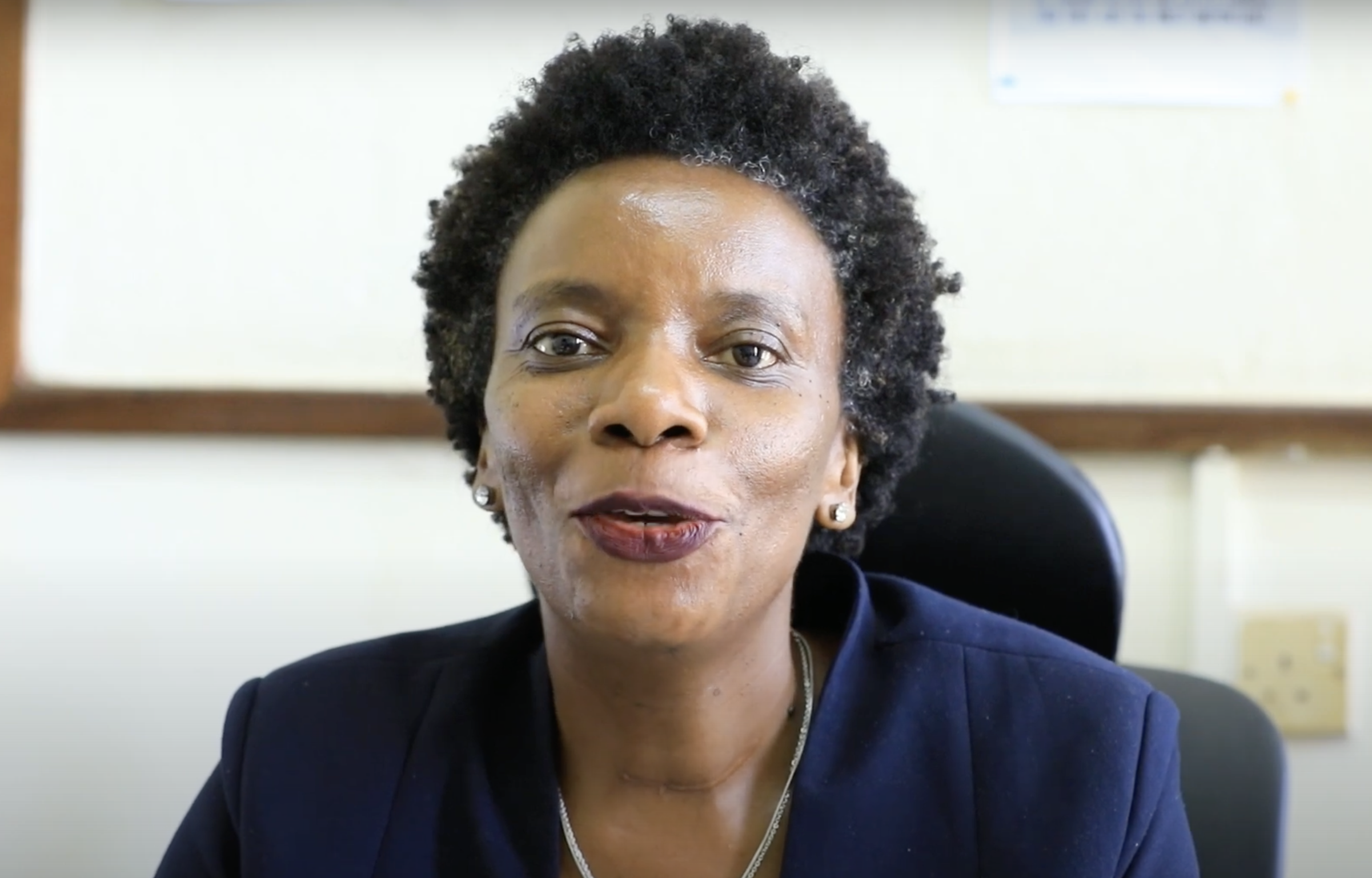International Day Commemorating the Victims of Acts of Violence Based on Religion or Belief - August 22nd 2023
By Teboho Mosebo / GICJ
There are continuing acts of intolerance and violence based on religion or belief against persons belonging to religious communities and religious minorities around the world. The number and intensity of such incidents, which are often of a criminal nature and may have international characteristics, are increasing. For such reasons, the General Assembly adopted the resolution A/RES/73/296, titled “International Day Commemorating the Victims of Acts of Violence Based on Religion or Belief” in order to strongly condemn continuing violence and acts of terrorism targeting individuals, including persons belonging to religious minorities, on the basis of or in the name of religion or belief [1].
The International Day Commemorating the Victims of Acts of Violence Based on Religion or Belief takes place on 22nd of August every year. On this day, the international community honours the survivors and victims of religious-based violence. Even though we live in the world of rights today, there are still people out there who are oppressed to not freely practise their religions or beliefs. Religion has become a tool to stoke fear of the ‘other, and an excuse to justify misogyny, homophobia and racism [2]. The theme for this year’s commemoration focuses on Manipur violence in India, between the Meitei and Kuki people.
Background of the conflict
The fighting pits the Meitei against the Kuki and 33 other tribes. Meitei makes up 53% of the state’s 2.85 million population, according to the last census in 2011, but occupy only 10% of its land, on the other hand, the Kuki and 33 other tribes, makes up 30% of the population and are geographically more spread out in the poorer hill areas. The roots of the conflict derive from decades of contestation over land and natural resources, fueling deep-seated resentment among both the Meiteis and Kukis [3]. The rise of violence in Manipur stems from a 10-year-old demand by the Meitei community for a Scheduled Tribe (ST) tag. The immediate reason for this violence, however, is a Manipur High Court order directing the state government to recommend to the Union Tribal Affairs Ministry by May 29th, an ST tag for the community. The petitioners have argued that this community had once enjoyed the ST tag prior to the merger of Manipur with the Indian Union and have sought the restoration of this status [4]. Half of Manipur’s population and the extension of limited affirmative action quotas to them would mean they would get a share in education and government jobs reserved for Kukis and Nagas
How did the violence begin?
The first outburst took place on the 3rd of May in Churachandpur town after a Kuki-led tribal solidarity march in ten of the state’s sixteen districts, which resulted in violence as a reaction to the possible extension of their benefits to the dominant Meiteis. The Meitei organised counter-protests and blockades where women were also part of the mobs, as they blocked soldiers trying to intervene. Thousands have been injured, over 60’000 displaced in the violence, and more than 12’000 have fled to the neighbouring Mazoram state. Hundreds of places of worship, houses and vehicles have been destroyed, with thousands of governmental weapons stolen and arson attacks continue [5].
The violence was quelled in the middle of May after the Centre rushed army troops to the state consisting of a million people. However, these measures did not last long as killings and clashes proceeded soon afterwards. This ethnic clash led to a sexual assault case where a sensitive video went viral in July showing a mob of Meitei men parading and grouping two naked Kuki women on a rural road before taking them to a field, where one of them was reportedly raped. This caused a disruption in parliament and intensified protests by women groups across the country [6].
A number of at least 150 people have been declared dead since the commencement of this violence, more than 220 churches and 17 Hindu temples had been destroyed by the end of July, according to a report by the India Today news magazine. The BIJ state government, dominated by the Meitei community, has been accused of being complicit in the violence against the Kuki minority by allowing Meitei gangs to carry out violence with impunity. Prime Minister Narendra Modi was also criticised for not addressing the broader conflict or reference to those who have lost their lives. Some allege that the Hindu nationalist Modi government is not stepping in to protect the Kukis, who are Christian, from the Meitei, who are Hindu. Amit Shah, India’s minister of home also failed to restore peace between the two groups as the Kuki groups accused his peace committee of being dominated by Meitei figures, including the BJP chief minister [7].
It remains clear that the measures and actions that have been taken by the Indian government are not that effective in bringing about peace between the Meitei and Kuki groups. Violence based on religion or belief is a very sensitive matter and it needs to be stopped. The Indian government should restore peace between the Kukis and Meiteis, using the UN A/RES/75/309 so that intercultural and interreligious relationships can be promoted.
Geneva International Centre for Justice (GICJ) condemns violence based on religion or beliefs. We further request that the UN Security Council intervene in the violence that is taking place in Manipur before it gets out of control and leaves dire consequences. The sexual violence against women in this regard also goes unnoticed and it is a violation of women’s human rights and therefore, we plead to CEDAW to look into it. No religion or belief is above the other, despite the minority or majority it holds within a society. Every individual or religious group deserves a fair and an equal chance to social, economic and political opportunity. Hence, it is advisable to all states to effectively implement and practise the provisions of A/RES/75/309 to bring and maintain peace between different communities. The state must protect the fundamental rights of all the civilians. Lastly, GICJ honours the lost lives of all victims of such violence.
Remembrance, acts of violence, religious hate, religion, belief minorities, majorities, commemoration, intolerance, indifference, Geneva, geneva4justice, Geneva International Centre for Justice
References:
[5] https://m.thewire.in/article/security/manipur-violence-reason-failure-and-solution-q-and-a/amp
Picture source:
https://www.pexels.com/photo/people-near-white-concrete-building-3373054/












